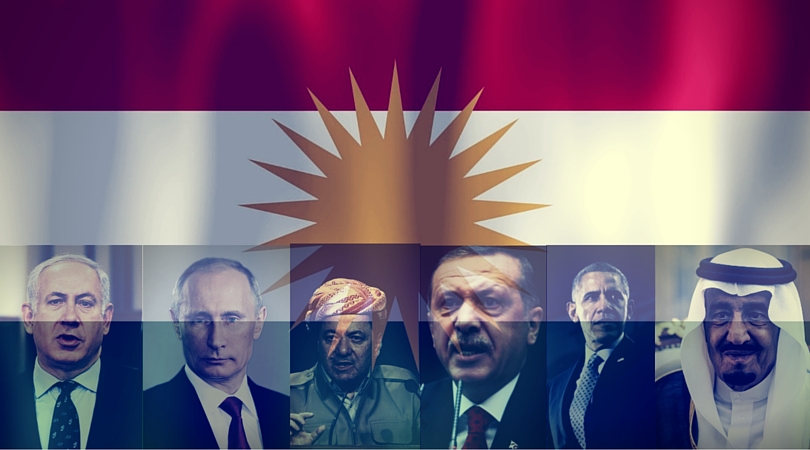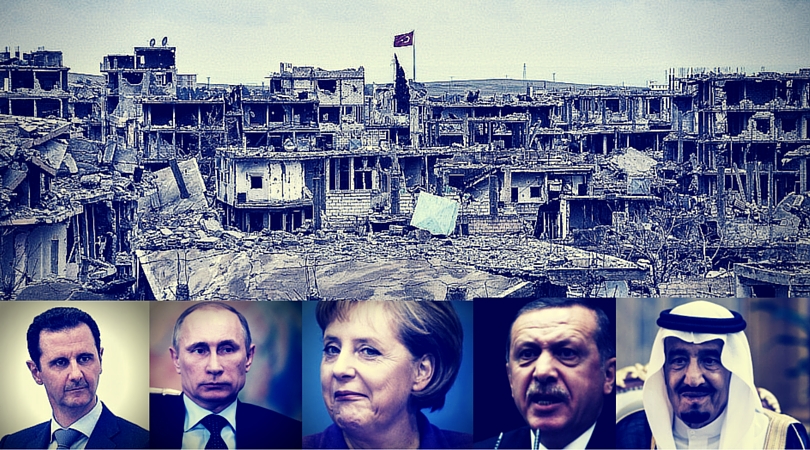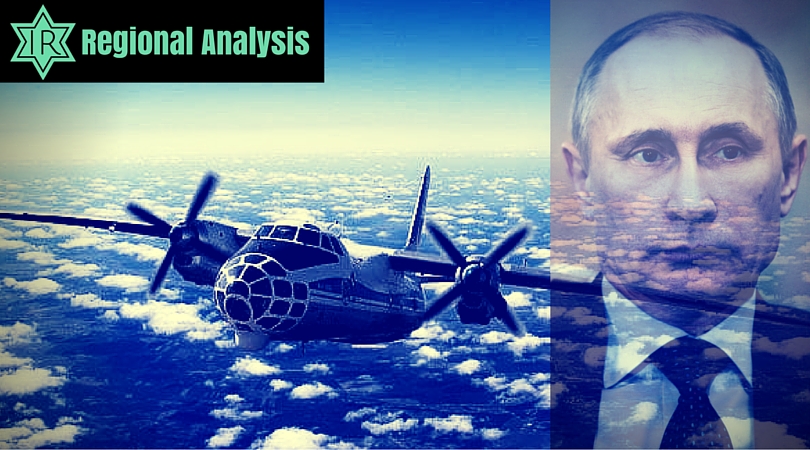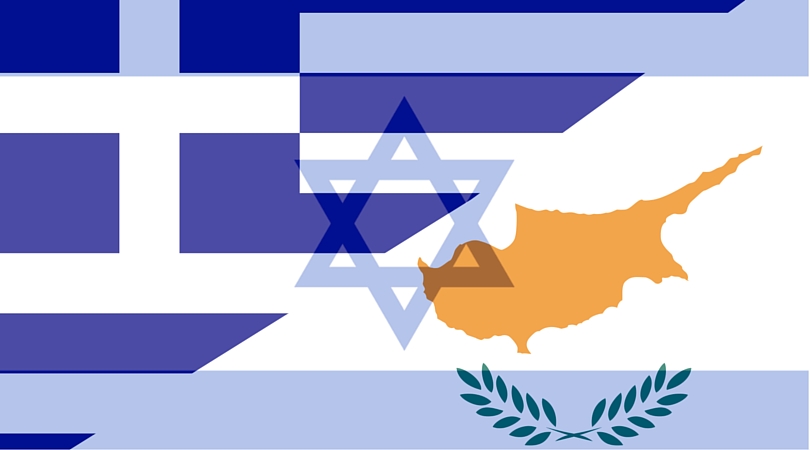Are we in 1914 or 2016. Sometimes with all of the alliances it’s hard to tell. Then again when it comes to Syria there are some outliers that might just throw the alliance system out the window. With the war in Syria on the verge of turning into a much wider conflict it is important to understand how all the sides are stacked.
Russia, Iran, Syria, Armenia
The Shiite-Russian alliance has been steadily growing for some time. The pervading assumption has been Russia’s need for a Mediterranean port being behind his support of Assad. With Turkey’s downing of the SU-24, Putin’s calculus has changed.
Long an opponent of Turkey’s expansionism, Putin used the SU-24 incident to turn the screws on Turkey’s Erdogan. Armenia, a close ally of Russia is being beefed up as a potential launching pad for attacks against Turkey. Besides its alliance with Russia, Armenia has historical redresses with Turkey going back to the 1915 Armenian Genocide.
Iran and the Syrian government’s forces have become Russia’s ground troops in taking back the strategic Western part of the country. Russia has avoided a repeat of its Afghanistan debacle by using the Shiite armies to do its work. Besides that, the Shiites are giving Russia real geopolitical leverage against the region’s Sunni powers.
Saudi Arabia, Turkey, Gulf States
What makes the stakes so high in Syria, is the exacerbation of the Sunni-Shiite conflict. With Russia in full concert with the Shiite led countries, the Sunni states like Saudi Arabia and Turkey see no other choice but to go into the fray. The reasoning is simple: the Shiites with a resurgent Russia need to be stopped now or risk being too formidable once their gains are entrenched.
The Sunnis are 90% of the Islamic world, but the growing Shiite crescent creates a real strategic nightmare for them, effectively cutting the Sunni world in two and, of course, controlling key oil routes that will have a very real effect on future regional control.
NATO
Although conventional wisdom insists that NATO would issue the game changing Article 5 in the case of a Turkish-Russian war, it is not at all clear NATO will pick a side. Europe is very much dependent on Russian gas during the winter. They are also trying to tamp down the off again on again conflict in East Ukraine and need Russia to help them. As for Obama and the USA, getting into a war with Russia and the Shiites on behalf of Turkey and the gulf states is not something they want.
With all of that being said, a full out war between Russia and Turkey will have large consequences for energy control, economy, and refugees. NATO may have little choice but to jump into things on behalf of their most disliked member, Turkey, even if the gamble proves to be a negative one.
Greece, Cyprus, Israel
With Greece, Cyprus, and Israel’s new found partnership in energy, technology, and security all three of them are loath to pick sides in what is fast turning into a geopolitical typhoon. Greece and Cyprus are arch enemies of Turkey and it is no surprise that Greece has made it clear that they see Russia as a friend and potential partner. This of course puts Israel into an uncomfortable position. At one hand, Israel has been seeking what is known as a neutral foreign policy for decades and, on the other hand, is still very much in the orbit of Europe and the USA.
With Russian overflights of Israeli airspace increasing daily and new trade avenues opening up with the very countries aligned with Russia, it should no longer be surprising what side the government in Jerusalem picks. Then again, that would put it on the same side as its arch enemies, Iran, Syria, and Hezbollah. Russia insists it has them in check, but trusting Putin has never been a good idea.
Of course, Bibi and Israel rather stay out of it and continue trading with all parties equally, but remaining neutral may no longer be an option.
Jordan
The King of Jordan has vacillated between the West and Russia. In many ways for the same reason Israel has. Surrounded by ISIS and Al Qaida, King Hussein’s rule is the most tenuous in the Middle East. Assurances for his family and his throne’s safety are key. If Russia can promise protection, then Jordan may very well switch sides.
Kurdistan
Kurdistan has always been hard to read. Typically speaking, the Kurds (split between Turkey, Syria, and Iraq) have done their best to pick partners that would be willing to help them advance their independence agenda. In this case, Russia seems most willing to help defend and enhance Kurdish objectives; mainly because the Kurds are the single biggest domestic threat to Turkey.
If a Turkish-Russian war does materialize then the Kurds are Putin’s most important weapon. They give Putin a Turkish domestic constituency primed for a violent uprising. In addition, they are a formidable fighting force situated along the length of Turkey’s entire Southern border. Coupled with the fact that Iraqi Kurdistan is oil rich makes them the lynchpin Putin needs.
What’s Next?
Full on war between Russia and Turkey and their respective allies seems almost certain at this point. The question is: when? That depends much on Turkey’s actions in the next few days. If the Turkish army continues to shell Northern Syria and even sends troops in then Russia will act. Russia will claim they have no choice but to capture the Bosphorous Straits, in order to defend against a Turkish closure to Russian vessels. At that point, the key actor to look at is NATO. If they enter on the side of Turkey, Russia will send their army into Ukraine. Once that happens all bets are off.







